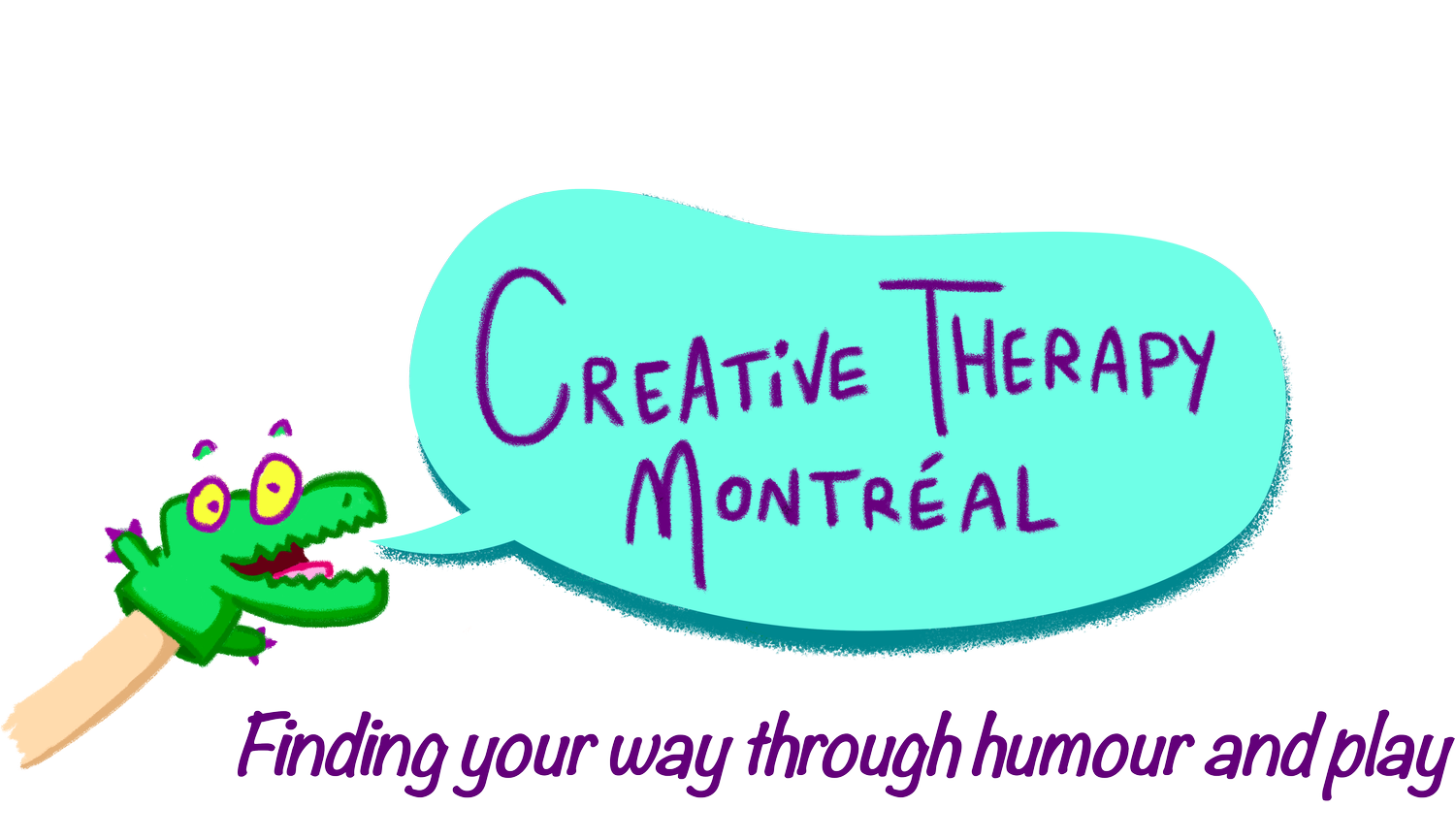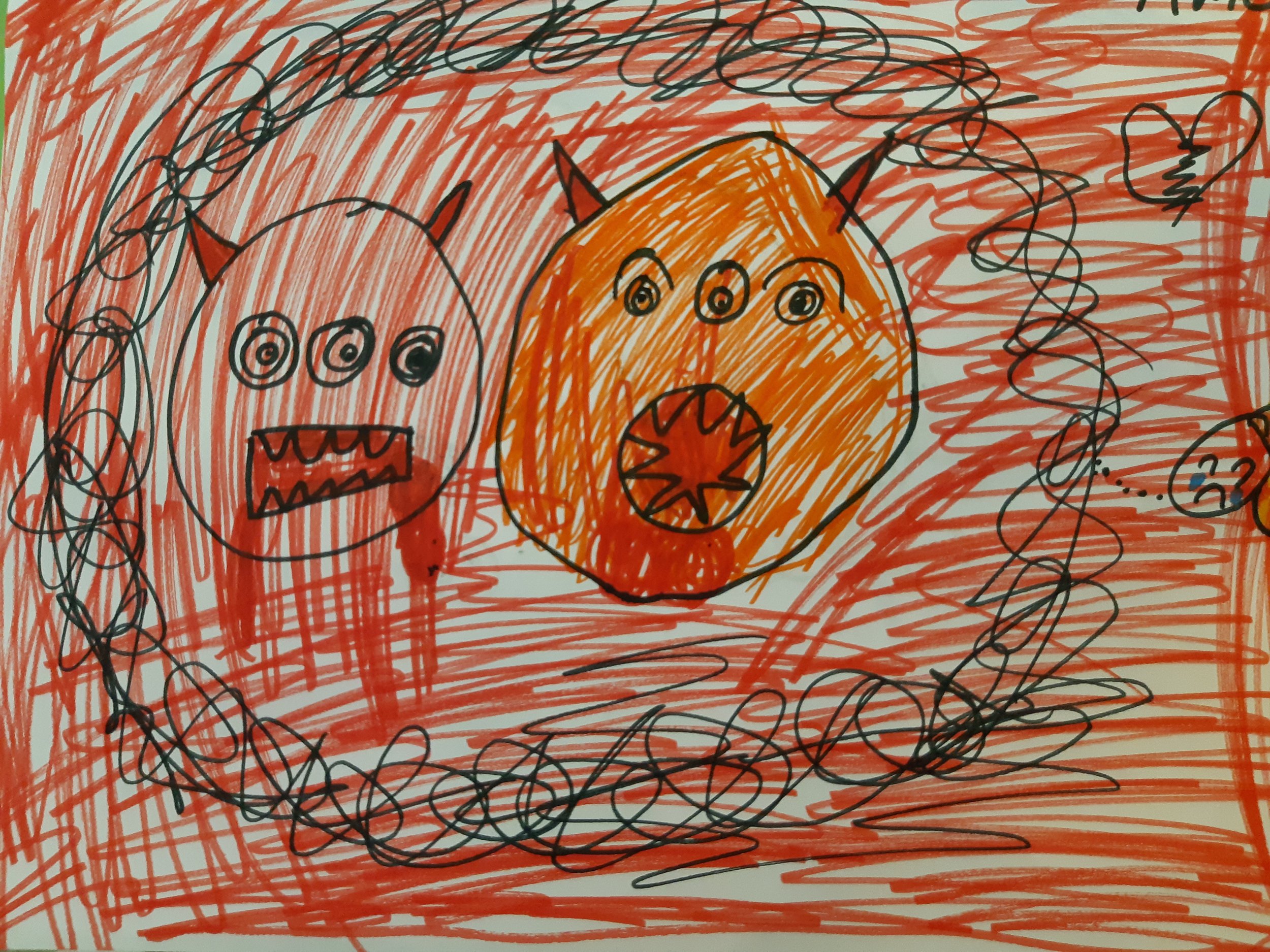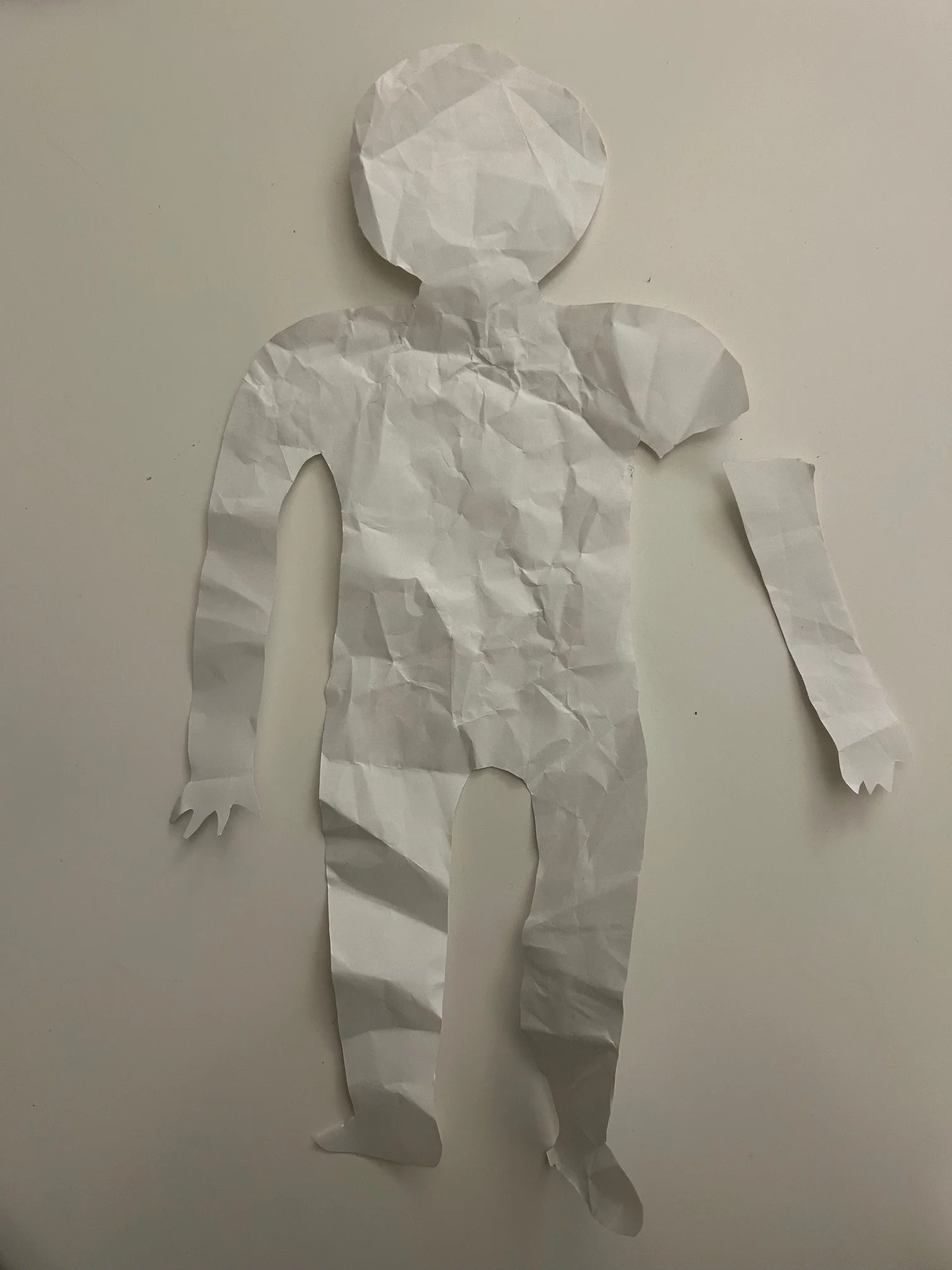
Workshops &
Classroom Interventions
All of Kalie’s classroom interventions are highly interactive and experiential. Responding to the needs of the students, Kalie may find alternate ways to facilitate the learning based on the stories students share or interactions that may happen in the moment. When students take ownership of their learning by using real-life examples, they often become more engaged, and are likely to remember and apply what they have learned.

Building Resilience - Bounce vs Splat (grades 1-4)
In this workshop, participants will learn about resilience and the difference between BOUNCE vs SPLAT with a live demonstration of what happens when a raw egg hits the ground vs a super ball (we check for egg allergies first)! Kalie never uses the words Bounce or Splat, but allows the children to find these words on their own (and they always do). Students become actively engaged throughout the process as they are invited to share their own real-life stories in which they may have gone Bounce or Splat. The effects of Splat on those around us are explored as children become aware of how their acting-out behaviours impact others. Strategies on how to bounce back are shared and additional ideas are generated as students recount their successes and challenges.
Managing Worries (Lowering anxiety for Grades k-4)
Shelby, Kalie’s turtle puppet, won’t come out of his shell. “What do you think he might be worried about?” she asks the students. By projecting their thoughts, feelings and worries onto Shelby, a safe space is created in which students empathize and openly share what is most likely things they are worried about too. Students have said, “Maybe Shelby is worried that his friends won’t play with him at recess” or “maybe he had a bad dream that he’s afraid may come true.”
Based on what students share, we explore their worries and then discuss strategies they use to calm themselves. It is amazing how many ways the children already know to manage anxiety.
Facilitating several steps in a therapeutic drawing process, children are able to illustrate and tame their worry monsters. Drawing is another externalizing technique that gets the worry out of their heads and onto the page. The workshop closes with a guided relaxation and visualization.
The workshop is adapted to fit the developmental level of each age group.
Emotion Regulation - Size of my Problem (grades 1-6; Two sessions)
Session One
Inspired by various social-emotional skills trainings including the Zones of Regulation, the Yale Child Study Centre’s RULER approach, and Social Thinking resources, Kalie designed an engaging lesson and worksheet on the Size of my Problem. Through interactive discussion, students will learn how to rate the size of a problem versus the size of their reaction. Ultimately, we hope the two will match, but that’s not always the case, even for us grown-ups! With input from students, various types of problems are listed that can be solved on one’s own (Pebble), with the help of a friend (Rock), or require the help of an adult (Boulder). Students are invited to describe emotions often associated with each type of problem. This emotional map helps children distinguish between the different sizes of problems. Students will then learn strategies to wrangle big emotions and be given questions to help them self-reflect when their reactions may be bigger than the size of the problem.
Session Two
Students are asked to imagine what other problems might be caused when a reaction is bigger than the problem. Children reflect on their own lives and find examples. Students might remember how they used physical aggression to solve a problem and are then asked to follow the domino effect that may have created. Did someone push back? Did a fight ensue? Did someone get hurt? Students are invited to share and brainstorm alternate ways of solving problems.
Impact of our Words - A lesson in empathy (grades 1-6)
Students are actively engaged in a hands-on activity that illustrates the impact of one’s words. A meaningful exploration of words used against them or words they have used against others leads to a deeper understanding and connection to classmates.
Developing Empathy (grades 1-6)
Tailored to each age group, workshops begin with student’s ideas on what empathy means. Through art, role-play and drama games, communication skills are taught as a key component of the workshop, as students learn ways to truly connect. Perspective-taking, learning the difference between observation versus interpretation, as well as active listening are all skills Kalie introduces as part of developing empathy.




